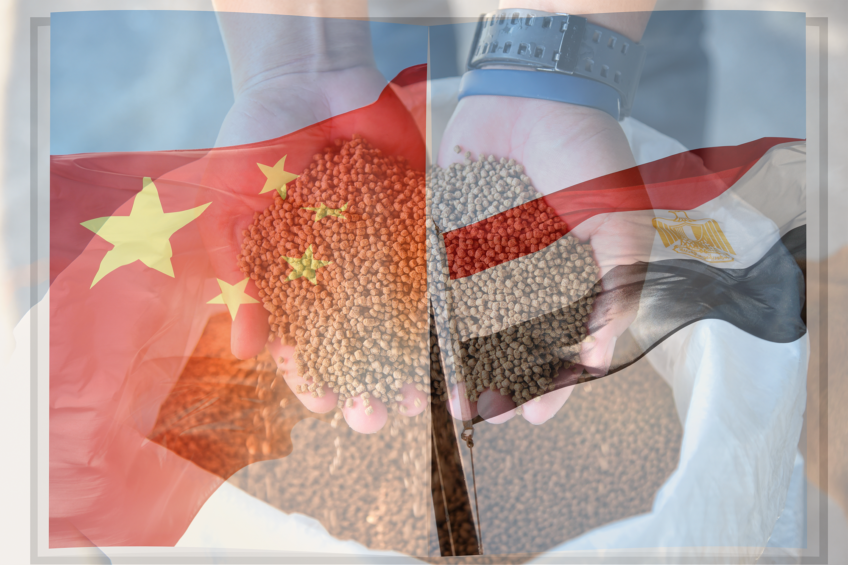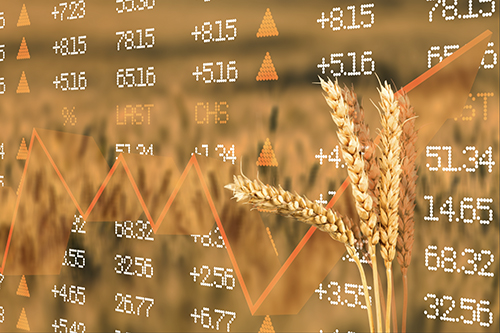Chinese New Hope is looking into expanding feed business in Egypt

New Hope has held a meeting with the Egyptian government to discuss a $100-million investment project aimed at scaling feed production in the country.
The Chinese firm has already invested $70 million in the construction of 5 feed mills in Egypt in the governorates of Menoufia, Beni Suef, and Beheira in the cities of Hosh Issa and Wadi El Natrun, and the city of Gamasa in Dakahlia, Liu Chang, New Hope chairwoman, was quoted in the government statement as saying.
New Hope nameplate production capacity in the country is estimated at 650,000 tonnes of feed per year, equal to 10% of the country’s installed capacity.
With the new investments, the company seeks to achieve a strategic goal of pushing its performance in the country beyond 1 million tonnes per year.
New Hope is putting a lot of efforts in developing its business outside China in many regions, with Egypt being one of the most important directions, Liu Chang claimed.
Manal Awad, the Ministry of Local Development, stressed that “investments would continue to build bridges of economic, trade and cultural cooperation between the 2 countries”.

Expanding foreign investments
Egypt has been successful in attracting investments into its feed industry during the last year.
In October 2024, dsm-firmenich put into operation a new premix and feed additive manufacturing plant in Sadat City, Egypt, eyeing to take advantage of the growing demand in the feed market of North Africa. With an annual production of 10,000 tonnes per year, the company stated that the plant would process a variety of specialised animal nutrition products, such as vitamins, minerals, and innovative feed additives.
Overcoming the crises
Meanwhile, the Egyptian government is redoubling its efforts to bolster local animal feed production. With a focus on achieving self-sufficiency in wheat and expanding the use of sugarcane and palm crops, the government is determined to prevent a recurrence of the severe feed shortage crisis that has plagued the food industry in recent years.
For example, Dr Adel El-Beltagy, former Minister of Agriculture, revealed, speaking with local press in August 2024, that the high feed costs have hurt dairy production in the country, driving numerous farmers out of business and making dairy products less affordable for the population. El-Beltagy assumed that one of the key reasons for the turbulence is climate change.
Egyptian government officials unveiled a plan to deal with the feed crisis based on 3 key pillars: obtaining more feedstuff from domestic sources, developing new crop species in research centres, and increasing the production capacities of feed mills in the country.







